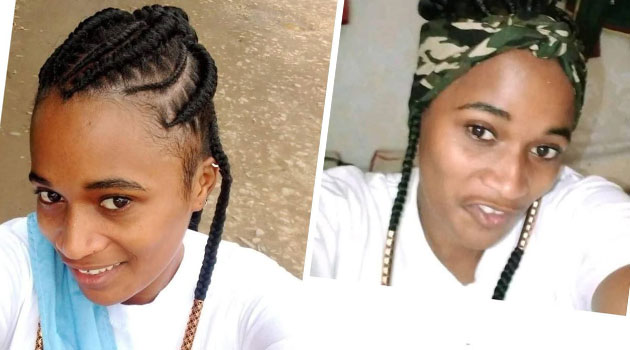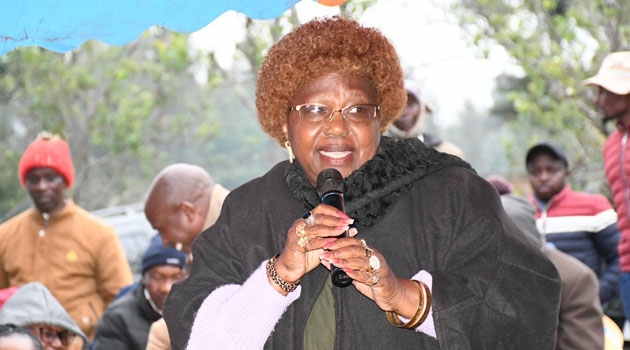Tensions are running high in Nanyuki and across Kenya following the controversial death of 24-year-old Juliet Wangai Kariuki, also known as Julia Njoki, who died under troubling circumstances after being arrested during the Saba Saba protests.
Njoki was apprehended on July 7 while heading home and detained overnight at the Nanyuki Police Station. The following day, she was arraigned in court on charges of malicious damage to property—a charge she denied. Due to the inability to raise the Ksh. 50,000 cash bail, she was remanded at Nanyuki Women’s Prison.
That same evening, prison authorities reported that she began experiencing dizziness, headaches, and abdominal pain. She was taken to Nanyuki Teaching and Referral Hospital and later referred to Cottage Hospital, where she underwent emergency surgery but passed away on July 12.
A preliminary medical report shared by her family suggests Njoki suffered blunt force trauma to the head—injuries they believe point to police brutality. However, the National Police Service (NPS) maintains that no formal complaint has been filed regarding misconduct. Still, NPS spokesperson Muchiri Nyaga assured that “swift, transparent, and credible investigations” would follow.
The Kenya Prisons Service confirmed her admission time and stated she fell ill within two hours of arrival, further complicating the timeline of events. A post-mortem is scheduled for July 15 to determine the official cause of death.
Public outrage has grown, with demonstrators blocking roads and lighting fires in protest, demanding justice and accountability. The case has drawn comparisons to the recent death of schoolteacher and blogger Albert Ojwang’, who also died in police custody under suspicious circumstances. In his case, a post-mortem revealed fatal head injuries and signs of neck compression, contradicting police claims of a self-inflicted injury.
As investigations into Njoki’s death unfold, Kenyans are calling for transparency, justice, and reform in the face of growing concerns about police conduct and custodial abuse.




